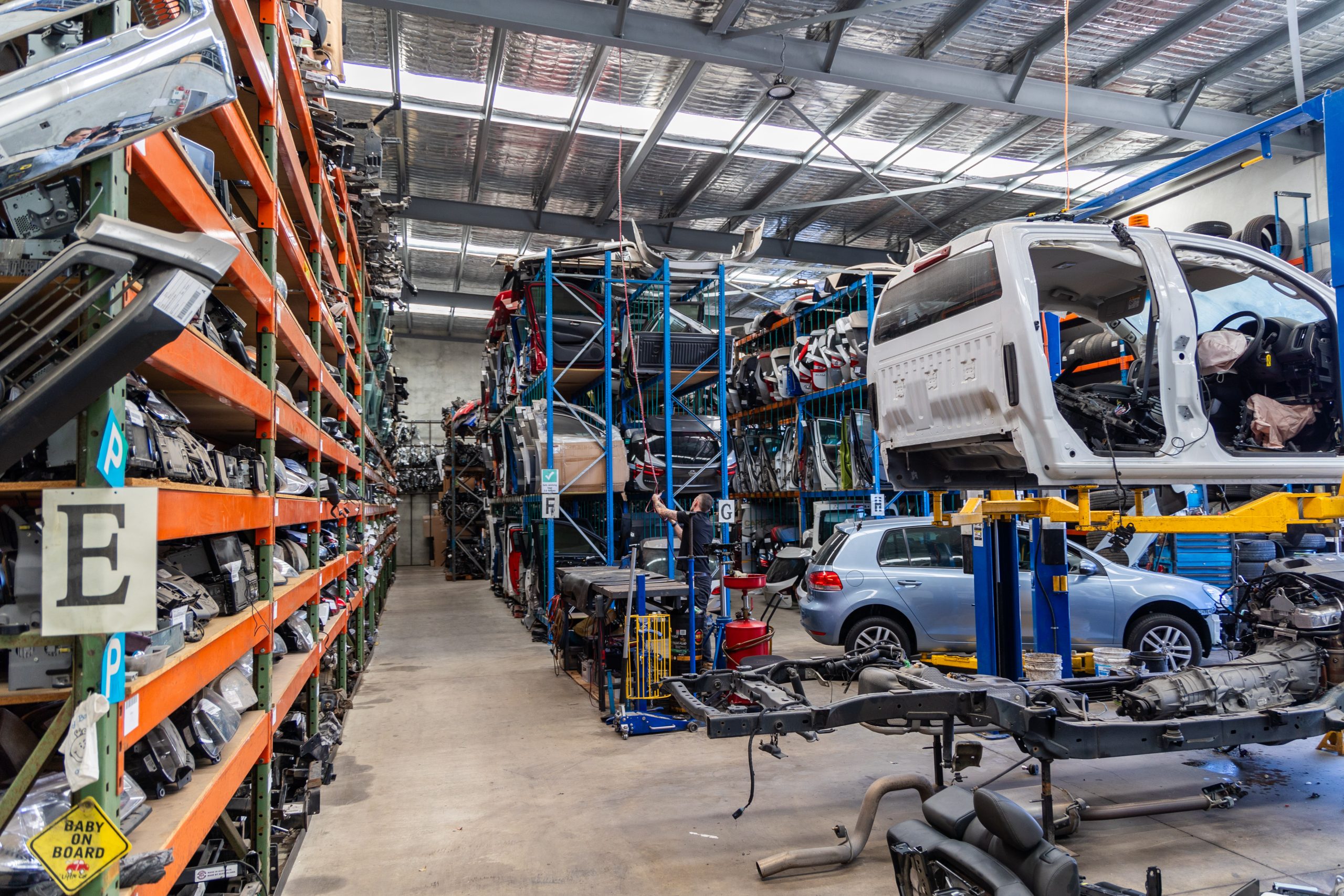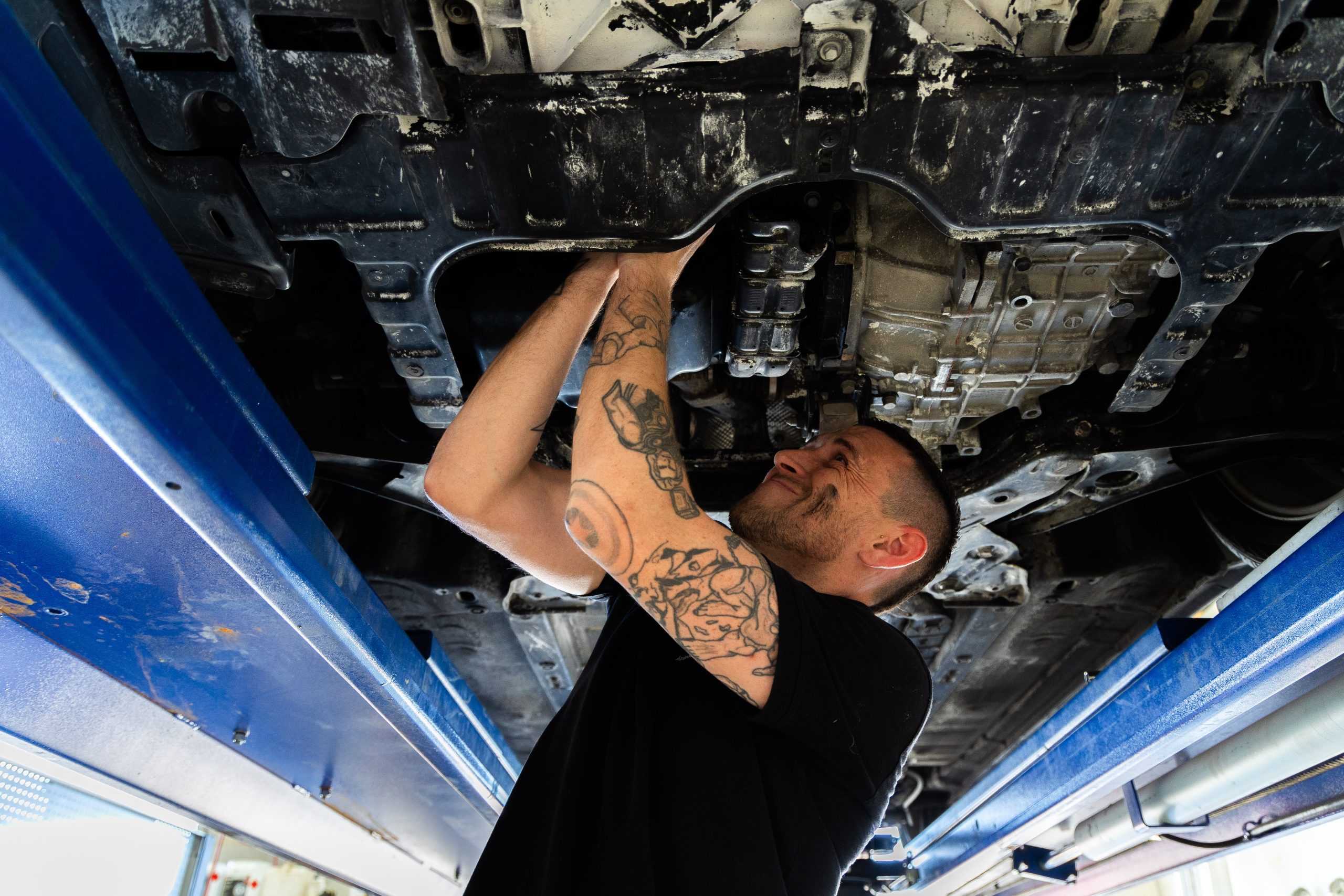What is a Repairers’ Lien?
If:
(a) the customer leaves a vehicle with you to carry out repairs:
(b) the customer has not paid for those repairs.
Then you are entitled to keep possession of the vehicle until they pay for the repairs. This is called enforcing a repairers’ lien over the property. The lien arises when the work is performed on the vehicle whilst in your possession.
The lien is exercised against other people, meaning that when those people demand to be given possession of the vehicle, you are not legally obligated to give it to them. Generally, a repairers’ lien can be exercised against all other persons – the owner, the finance company, and any other person claiming an interest in the vehicle, but of course there are exceptions to this rule.
Common Situations
These are common problem situations involving liens which we often encounter:
1. Losing possession of the vehicle
If the customer (or any other person) takes possession of the vehicle at any time after the lien arose, you will lose your lien.
2. Re-obtaining possession after losing it
If you relinquish possession of the vehicle to the customer, but it is subsequently returned to you at a later time;
(a) you lose your right to exercise a lien over the vehicle in respect of all repairs carried out before the customer took possession; but
(b) you can exercise the lien in respect of repairs carried out after it was returned.
E.g. You recondition the engine in a customer’s vehicle, and he pays half of the agreed price and you release possession to them – you no longer have a lien over the vehicle that can be used to enforce repayment of the other half of the agreed price. If he subsequently returns with problems that were to be fixed under warranty, you have re-obtained possession but cannot exercise that to enforce payment of the original amount. If at the same time you fix the air conditioning (not under warranty), you can exercise a lien over the vehicle to enforce the repayment of the cost of that repair.
3. A customer who does not own the vehicle
If you did not know the customer was not the owner (and could not reasonably be expected to know), then you may still exercise the lien against both the owner and the customer.
If you knew the vehicle was owned by another person you must have consent of the owner before carrying out the repairs, otherwise you cannot exercise the lien against the owner. You may still, however, exercise the lien against the customer.
4. A finance company attempting to repossess the vehicle
You can exercise your lien against the finance company unless:
(a) the finance agreement contains a provision which prohibits the creation of a repairer’s lien; and
(b) you knew, or were made aware of the provision before the lien was created.
5. The customer is demanding the return of the vehicle
You can , and should, take measures to ensure that the customer cannot physically retake possession of the vehicle.
Removing the distributor cap or otherwise disabling the ignition may be sufficient, but if you leave the vehicle parked at the front of the workshop, an irate customer could still bring along a car trailer and effectively ‘steal’ the vehicle back from your possession – it has happened before.
6. Prior agreement to not exercise the lien
You can, by prior arrangement with the insurance company that is paying for the work or the customer, agree that you will not exercise your lien over the vehicle. If you do this, you will not be entitled to retain possession of the vehicle should payment not be made.
Your rights, duties and obligations as the holder of a possessory lien
1. You can retain possession until the customer has paid for the work performed.
2. You must take reasonable care of the vehicle while it is in your possession.
3. You cannot charge the customer for storage of the vehicle, unless you have an agreement allowing you to do so.
4. You cannot use the vehicle for your own purposes.
5. You cannot use the vehicle to recover debt or avoid the expense of keeping and maintaining it, unless you have a contract with the owner (who may not be the customer) that 6. permits you to do so, or as indicated below:
6. You may sell the vehicle to recover debt if you comply with the Disposal of Uncollected Goods Act. This initially requires a letter to the customer stating that the vehicle is ready for collection, the amount due as charges for the repairs, and a statement that unless the goods are collected they will be disposed of in accordance with the Act. You must then wait for a period of not less than six (6) months before you may apply to the Court for an order that the goods be sold to recover the debt. Do not attempt to write the letter to your customer yourself – you should seek legal advice first.
Extra precautions to ensure your preserve your rights
The above principles apply without the need for you to provide them in a contract. However, you should obtain additional protection for yourself by including extra terms on your standard repair order. Note that these terms must be included on a document that is signed, or at least provided to the customer prior to the work being carried out – preferably when the keys are handed over. It is insufficient to include these terms on your invoice.
Some additional terms you may like to consider are:
1. The lien will not cease to exist if you relinquish possession but obtain possession again at a later date.
2. The grant of a general lien is respect of any and all debts owed by the customer in respect of work done by you.
3. You may charge for storage after the vehicle has been repaired.
4. A statement by the customer that he or she has the authority to grant you a lien over the vehicle.
5. Power to sell the vehicle to recover the cost of any repairs over a certain value.
You should consult a lawyer before including any of the above provisions in your standard work agreement, or including any terms pertaining to the charge of interest on overdue accounts. When drafting such clauses, legal advice is important. Such advice will help ensure that the wording of the clauses will achieve the intended result.



